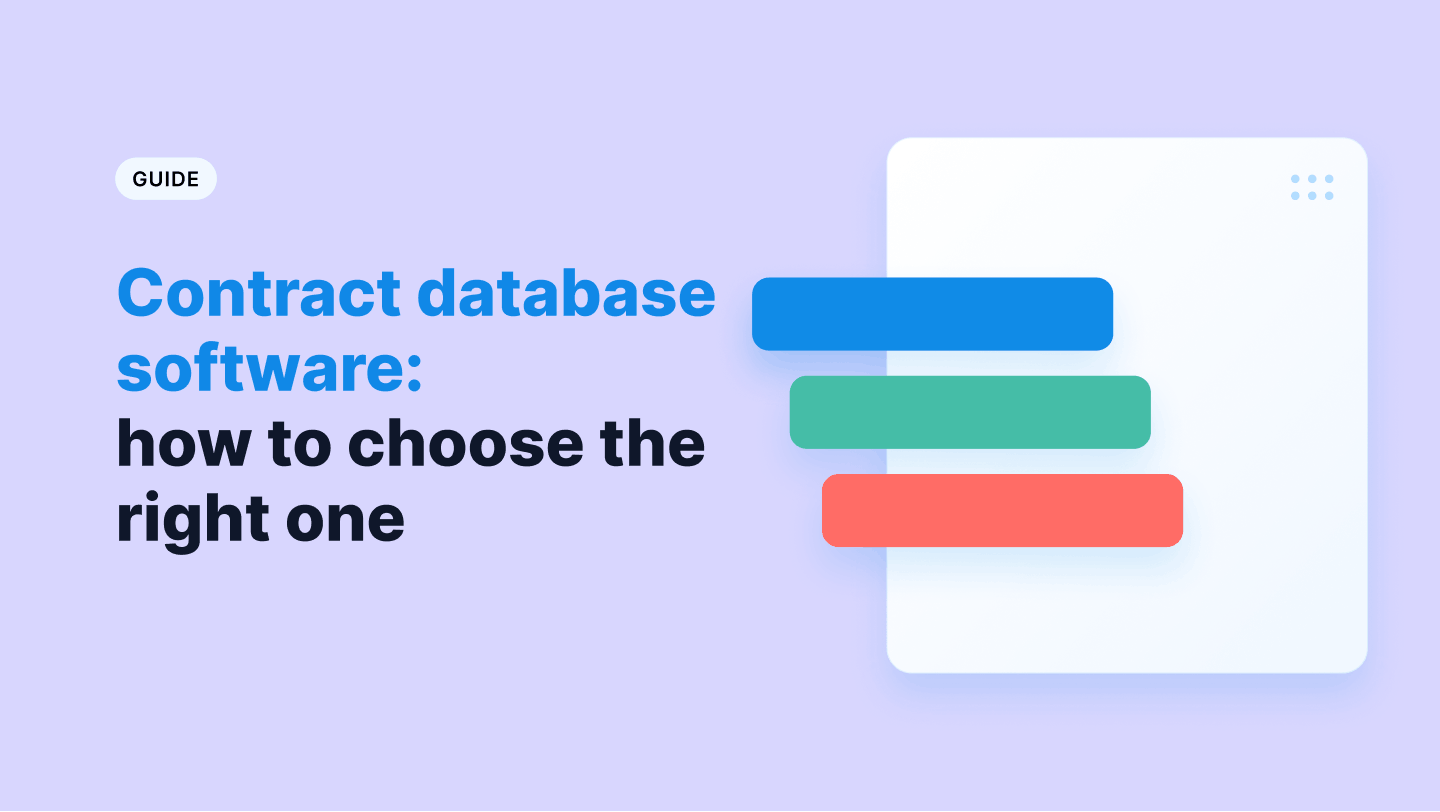Have a potential unicorn-making idea on your hands? To turn this scalable proposal into a revolutionary, money-minting business, you will need to raise money. Afterall, there is no greater truth among startups than — money begets money.
But the thing is, COVID or not, raising funds is a long, complex, and paperwork-intensive affair. From creating a business plan to preparing for different rounds of fundraising, there are many steps.
Luckily, we know how the funding process works and we are willing to share it all. Also, to help keep paperwork at a minimum, you should definitely consider adopting an eSignature solution like Signeasy (free trial here).
But, back to our original premise. Read on as we outline how you can come sprinting out of the gates and towards becoming comfortably funded.
8-step plan for securing funds for startups

Whether it is equity, a convertible note, or another arrangement, when angling for investor funding you need to follow these steps:
- Bootstrap your business: Right at the beginning, on a shoestring budget, you will need to turn your idea into a functional prototype and acquire customers. Building a good customer base is critical, as these users are the ones who will ultimately fund your day-to-day operations. It will also further reinforce the fact, within the minds of investors, that your idea/product is worth getting behind.
- Find investors: Not everyone is lucky enough to get a seat on Shark Tank or The Apprentice. So, instead, to gain the eyeballs of potential investors, get on online fundraising platforms, network at events, promote your idea on social media, email, and blogs and apply to accelerator programs. This is sure to add to the recall value of your brand.
- Create a pitch deck: This 10-20 slide (highly visual) presentation will outline in brief what your business idea is, why it is relevant to the market, and how you will one-up the existing competition. This attention-catching deck can be presented in pitch competitions or sent as an email to potential investors to get an in-person meeting with them.
- Prepare a business plan: The thought of creating a business plan for funding may strike fear in the hearts of first-time entrepreneurs but it is actually quite easy to do if you are convinced about your offering and related financials. You could even create a basic template with the following details and keep tweaking it according to the investor:
- Elevator pitch
- Business opportunity
- Industry snapshot
- Business objectives and goals
- Current financials and future projections
- How much funds are required and how you intend to use it
- Your team overview
- Once you have a water-tight business plan (10 to 100 pages) in place, you will surely be able to convince investors that funding your business is a good idea!
- Offer proof for due diligence: Landed an interested investor? As proof of all that you have claimed in the business plan, you need to share with them documents relating to budgets, supplier/ customer arrangements, employment, other investors, bank loans, litigations, tax and VAT filings, insurance documentation, etc. The investor’s representatives tend to share a list of documents that they will need to conduct due diligence audits. Then, they may come back seeking more documents and clarifications. Completing due diligence can take weeks or months. A lot of this time can be shaved off by reducing the printing and couriering of paperwork! To ensure that the signed documents reach the investor (and back) within minutes, just use an eSignature solution like Signeasy.

- Prepare and sign a term sheet: The terms of the agreement between investor and startup vary, depending on whether you are seeking funding for an early seed or angel investor round or are in talks with venture capitalists. Either way, be sure to clearly note down details of the transactions that will transpire between both parties. This should include what funds you will receive, what the investor will receive in return, and the terms that you will need to comply with to receive the funding. Sometimes this term sheet comes with an exclusivity clause. So, once you sign off on this document, you will no longer be free to engage in negotiations with other potential investors.
- Put together funding documents: This is a crucial step. When legally processing the agreements related to funding, you want to make sure your interests are safeguarded. Be sure to get a lawyer to help you write and proof the following documents:
- Shareholder’s Agreement - This agreement will expand on details within the terms sheet. Most importantly, it will highlight the level of control other investors have in your company.
- Vesting Provisions – This may be a separate document or a part of the shareholder agreement. The terms of this agreement will ensure that key founders don't leave the company immediately after investment, by allowing their shares to ‘vest’ only after attaining specific milestones.
- Subscription Agreement – This agreement will delineate how many shares the startup will sell and at what price and that the investor is willing to pay the said price.
- Articles of Association – It makes mention of how the startup needs to operate once it receives the investment.
- Closing the deal by signing on the agreements: On the pre-agreed closing date, all the documents mentioned in the previous point will need to be signed by both the startup and investor. Once this step is complete, the transfer of the shares and funds will be initiated. To keep the transaction contactless, legally compliant, and quick, you should use Signeasy to sign the documents. It will also allow you to automatically send reminders to the investors to approve the documents from their end.
21 critical documents to be prepared for fundraising
Typically, you begin with a seed round and move on to funding rounds A, B, C, D, and beyond.
While you are courting potential investors, here are some of the documents you will need to ready:
- Pitch deck
- Business plan
- Term Sheet
- Co-sale agreement
- Certificate of incorporation
- Preferred stock investment agreement
- Investor suitability questionnaire
- Shareholder & board written consents
- Voting agreement
- Bylaws
- Subscription agreement
- Articles of association
- Vesting provisions
- Shareholder’s agreement
- Supplier/ customer arrangements
- Employment contracts
- Bank loan details (if any)
- Litigations (if any)
- Tax and VAT filings
- Insurance documentation
- Investor rights agreement
Are you ready to Signeasy?
Signeasy will remove all friction associated with processing these documents by allowing you to sign from anywhere. So startups can focus on fundraising instead of the paperwork! If you are getting started on your fundraising journey, check out the 14-day free trial — no credit card required!












